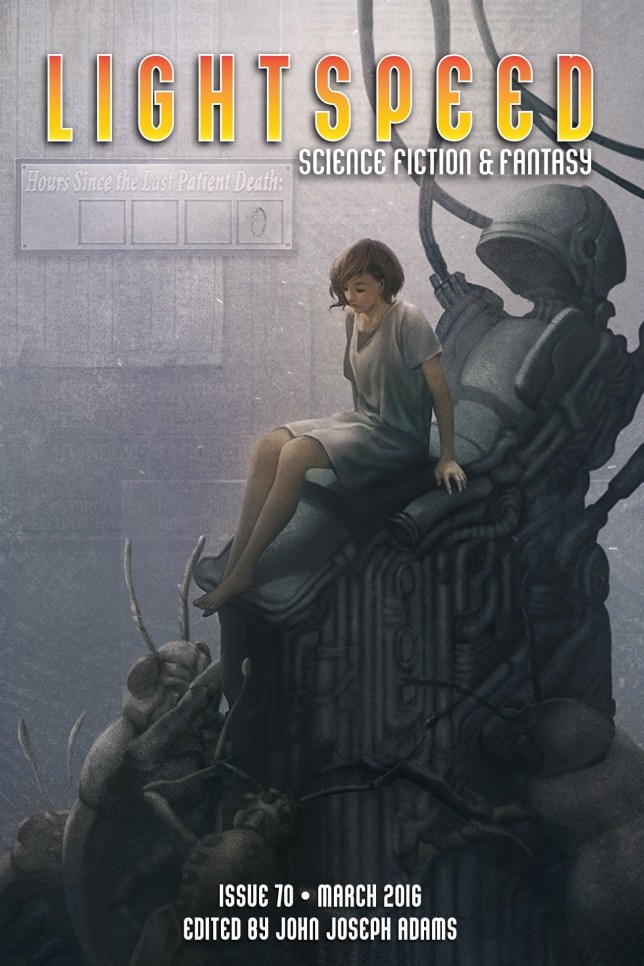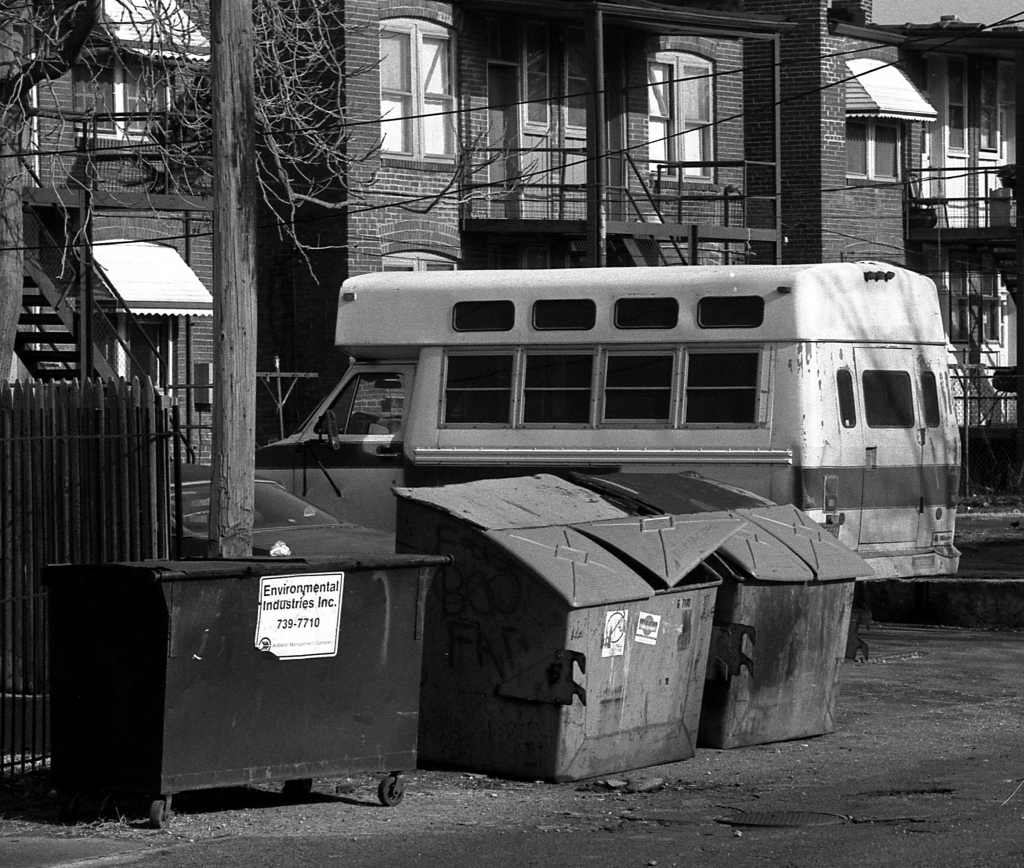The other day I was taking with friends about that pesky subject, wages. Minimum wage is in the news, a big argument, and the politics are necessarily touchy. Comparisons were made and my own situation caused a bit of raised eyebrows and “What’s up with that” detours through personal histories.
According to some, among people who have known me a long time, I have always been seriously underpaid throughout my working life.
Before we get into that, though, I would like to reference this article, written by my boss, Jarek Steele, about the current anxiety-laden question of raising the minimum wage. Go read this, then come back here.
First off, I would like to say that I work at a wonderful place. Left Bank Books is now family. As you can tell from the essay, they are thoughtful, concerned people with no small amount of brainpower and good bead on life as it is and a solid moral sense. I’m lucky to work there. I’ll come back to that later.
Now. Most of my adult life I have been relatively unconcerned about my wages. I don’t know where I got this from, but I’ve always felt they were secondary to several more important factors. Some of this is naïveté, but some of it is a result of early on making a choice between security and fulfillment. For many people, money serves as fulfillment, and for some it genuinely is. They work to have. I offer no judgment here, everyone is different, and it’s all a question of degree anyway, because we fall along a spectrum.
For myself, I’ve always worked to Be.
Perhaps a small difference to some, but a huge difference over time. I came out of the box, as it were, with intentions to be a certain kind of person, to do certain things, to make a crater in the world that looks a certain way, and if the pursuit of money got in the way of that, then I ignored the money. Not consciously, because I always just assumed that somewhere along the way I would have it, mainly as a consequence of having done all the stuff that fulfilled my requirements of Being.
Now, if this all sounds a bit zen and possibly foolish, so be it. I’d be willing to bet many if not most of us have career-type dreams at some point that focus mainly of what we’re doing and not how much money we’re going to make doing it. But this is America and identity is conflated with owning things, so it becomes very difficult to tease apart the doing from the reward.
Which brings me to my rather jagged career path, which saw me graduate high school intent on a career in photography, which I pursued as an art first and foremost and, in the end, only. I never figured out how to make it pay.
So I worked for a major photofinishing chain, then a period as an in-house commercial photographer for a marginal advertising company, then as a delivery driver for a custom lab, and finally as the darkroom jockey of one of the best camera stores/black & white labs in town. That last for 20 years.
I never became the photographer I thought I’d be, at least not commercially. I did all the things. Portraits, landscape, art and abstract, architectural. Occasionally I did them for clients, but mainly I did them because they were cool to do and they produced images I wanted to see. I was Doing Photography and that was the important thing. I was fulfilled.
All the while I drew my wage from my job, which supported the art and all the other stuff.
Then I picked up the writing again. Time passed, I learned my craft, started selling stories, and then that 20 year stint of a job ended with the close of the business. Two years later I applied to and got another lab job, at which I worked for 11 years, most of them rather unhappily.
(And here the concerns over money enter in the most annoying way, because money would have been the means by which I would have been able to just write instead of having to work at something I no longer loved in order to eat.)
The story sales never added up to enough for me to quit that job.
But I was getting published. I was fulfilled, at least in the desire to Do The Thing.
Age does force one to confront certain realities. Looking back, I realized that I had never pushed for more money. I never once, in all the years of “working for a living,” asked for a raise. Somewhere in the back of my head there floated the assumption that good work brought remuneration, so if the people I worked for chose not to give a raise, then it was due to my lack of good work. I could maintain this attitude largely because, with one exception (that first job right out of high school) I have never worked for a large corporation. Never. I have spent my employed life working for small local businesses, the health of which I could see, right in front of me. They all struggled. I was part of that struggle, so adding a burden to them was not in my nature. I never asked for a raise.
Instead, I lived a life that fit with my earnings. One could do that at one time. And I did get raises, so it’s not like I’m talking about trying to scrape by on minimum wage. (Which was, btw, right around two dollars an hour when I graduated high school, and I worked for Fox Photo over a year before they granted me a ten cent an hour raise.) But I never asked. I was always grateful when they came, but I never asked. The people for whom I worked were usually close enough to the ground to show appreciation when they could. For a while I made a decent living.
Donna and I, however, had no children. That one fact explains a great deal about how we could opt to work for who we chose (often) and live as we pleased without overly worrying about income. We were careful. When we bought a house, we paid it off early. We carry no balances on our credit cards. We owe no bank anything.
And we realize how unusual this makes us.
But it also points up the major disconnect many people suffer in their lives in terms of employment and compensation. I never asked for raises because, by and large, I never had to. Had we lived a more traditional lifestyle, money would have been the single greatest driver of all our choices.
However, my comment above about being underpaid…
Several years ago an opportunity opened for me to possibly take a job as an editor at a local magazine. I’m not familiar with the task, but I’ve always been a quick learner, so I had no doubts about my ability to come up to speed, and I could offer myself for a bit less than others might. I went over the requirements of the position with a friend who had been in this end of the industry. She remarked as one point that the salary would probably be X, which was low, but in a couple of years I could probably come up to standard. I laughed and told her I’d never made that much in a year in my life.
She was flabberghasted. How, she wondered, could someone with my abilities have been so undercompensated?
Because it had never occurred to me for a long, long time that I had been. I’d been Doing The Things, and wasn’t that what mattered?
No. At least it’s not the only thing. Money is the means by which we live the kind of lives we wish to. I want “success”—monetary success—as a writer so that I can do that and nothing else. But I’m not good at that kind of success. I’ve never been adept at parlaying skills and artistic ability into money. Whatever it is that allows some people to be skilled at getting compensated, I’ve never been good at it.
And the owners of corporate America know that most people are like that. They depend on it. The main reason unions were so important is for that reason and that most people need someone who is good at understanding that game to struggle on their behalf. But the fact remains, most people take what they can get and then worry about the shortfall.
Because we have consistently misunderstood the relationship between, in the classic terms, labor and management. As the economy has changed, that misunderstanding is becoming critical, because we are collectively faced with the consequences of our failure to address it.
Business knows average people aren’t either interested or especially adept at Doing Business. That alone gives business—and I’m talking business at the disembodied corporate level here—an advantage because they take it. They can shortchange employees because they know how and their employees don’t know they have either any power or can find the means to engage management to worker advantage. Had we kept abreast of the changes to labor’s benefit these past 30 years when we shifted predominantly from a manufacturing economy to a service economy, then the present strained issue of raising minimum wages would not be so traumatic. The problem of catching up is putting strain on small to mid-level businesses that they should not have had to bear. Because we’ve been underwriting cheap product and services for decades by a disproportionate-to-reality compensation formula that treats people like parts. Read Jarek Steele’s breakdown above. Numbers, folks, and realities.
Drastic measures become necessary only because of indolence in the system. As long as the numbers of people receiving poor compensation for work that has become increasingly primary were low, the problem could be ignored. It’s not even so much that so many are trying to make full livings on minimum wage but that all wages are commensurately constrained by the growing imbalance in consumer ability to pay for what we need and want.
Then there are people like me, who frankly have never known how to care about the money. Or at least never felt the freedom to demand it, because we keep getting sidetracked by Doing The Things.
Because Taking Care of Business consumes the one thing that art demands—time. I loved doing photography. I hated running a business. I love writing. Paying attention to marketing and sales is frankly loathesome. I wish sometimes (lately more than ever) that it were otherwise, that I had that ability to engage promotions and negotiations, but I am who I am and do it only because if I don’t then some day I won’t be able to do the art anymore.
Which, by completely unconscious intent, has caused me to work locally, for people I see everyday and can talk to as friends more than as employers. I think this is a good business model, but because it is not primary in this country, because people who think very much differently set the parameters of what constitutes “business practice” for so much of the country, this is not the business model that trumps treating people like parts.
We’ve been arguing about this since the founding of the Republic, since the idea of the yeoman farmer and the independent artisan was turned into a romantic myth by the privileging of corporate giants saw a massive culling early on, when it became harder and harder for the independent owner to function in the face of cheaper prices and savage competition that stripped people of their own labor by turning them into wage-slaves. The argument went on and on, the battle raging for over a century and a half, until finally the Second World War, the Cold War, combined to usher in the era of corporate hegemony that, while not eradicating the small business managed to place the entire economy in thrall to the requirements of giants.*
Hyperbole? Consider what happens when a large corporation closes a plant or leaves a market and dozens of smaller, local businesses—those that survived the initial arrival of that corporation, at least (mainly by learning to service it)—find their customers drying up because so many of them are unemployed. Taxes dry up as well, so relief doesn’t stretch as far, and we no longer have an economy that will support a regrowth in a timely manner. Towns have been abandoned due to this cycle.
Doom and gloom? No, I think there’s enough latent ability and power in local, small business to still have a good chance at not only holding its own but of succeeding and altering the standard model. Because there is still value in prizing Doing the Things over Making the Buck, and compensation can flow in those directions. We’re looking at a crucial time where those kinds of choices are more important than they have been in a long time.
Which leaves me back at where I started, admitting to a kind of aphasia when it comes to this money thing and by and large, as inconvenient as it is, still not much interested in changing who I am in order to meet some mogul’s notion of success. I work where I work and do what I do because I can decide that “career” is not a synonym for sheer acquisitiveness.
I am lucky, as I say, and do not in any way offer my life as an example of how to do this. I might well have ended up in much worse places. But it’s the people around me who have made the difference. They all ought to be better off, but we’re all Doing The Things and making the world, at least around us, better off. Meantime, I am grateful. I can still Do The Things.
It would be good if more of us remembered or realized that that is why we work so hard.
____________________________________________________________________________
* Consider further the completely bass ackwards relationship between large corporations and local communities wherein the community is required by circumstance to bride the corporation to set up shop—a bribe done with tax money, which means the community starts off impoverishing itself for the “privilege” of hosting an entity that will then extract profits from that community to distribute among people who do not live there. And when the latent wealth of that community has fallen sufficiently that the profits to the corporation are less than deemed desirable, they then close up shop and leave, the community having grown dependent to such a degree that, scaffolding removed, the local economy collapses, partially or completely. What should be the case is the corporation ought to pay the community for the privilege and the relationship should be one where the community as host is a primary shareholder and gets compensated first. Unworkable someone in the back says? Not so. Alaska did this will the oil companies decades ago and every Alaskan since gets a stipend from Big Oil. Or did till recently.
 I am, as you may imagine, very pleased. Support the magazine, get the stories.
I am, as you may imagine, very pleased. Support the magazine, get the stories.







